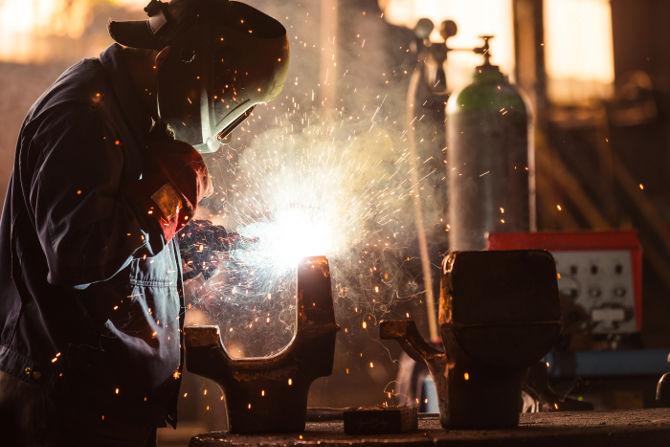A committee of MPs has said that the government took “Little action” and were not alert enough regarding the impact of collapsing steel prices, as well as failing to push for EU action on Chinese imports, according to an article on the BBC.

There have been a number of closures in the UK industry which has led to around 4,000 job losses in the last few months and the government’s response is that the issue was “complex” and had met “key industry asks”.
Plants in Scunthorpe, Lanarkshire and Redcar have all suffered closures this year, with factors blamed being competition from China, high electricity costs, falling demand and a strong pound.
Speaking with the BBC’s Today programme, chairman of the Business, Innovation and Skills (BIS) Committee, Ian Wright, commented: “For too long the government failed to be alert to the alarms raised by the industry and act at home to maintain a steel industry in the UK when other European countries were acting to safeguard their own strategic steel industries.”
He says that the industry isn’t looking for a hand-out, rather a “level playing field” and that some asks from the industry taking years were taking years to deliver.
The biggest disadvantages plaguing the UK steel manufacturers is the cost says Mr. Wright, adding: “Business rates act as a real disincentive to ensuring that people can invest in plant and machinery to make British steel production more efficient and more competitive.”
There have been accusations towards China for having unfairly low prices for its imports and the BIS committee report has said that not enough has been done to combat this issue and get a solution at an EU level.
If this could be tackled, then it will go a long way in helping UK have a viable future in the industry, however the government has said that the industry has suffered from complex global challenges that “no one simple solution can solve.”
A spokesman said that the government was doing everything it could but ultimately couldn’t “dictate the commercial decisions, operations or financial performance of private companies.”
He adds: “We have taken clear action on relief for energy costs, anti-dumping, procurement and EU emissions directives, meeting key industry asks.”
Director of UK Steel, Gareth Stace, has called for the dumping of Chinese imports as well as a commitment from ministers to use British steel for all major projects such as airports, rail and tidal barrages.
Previous Post
Commercial Property Debt at its Lowest in Ten Years